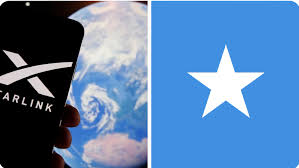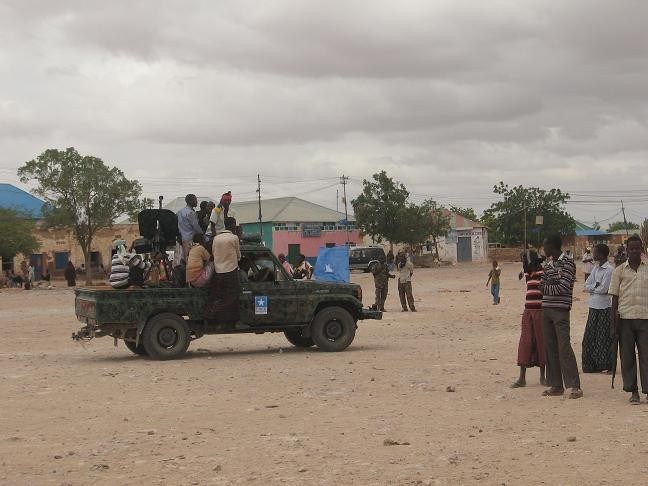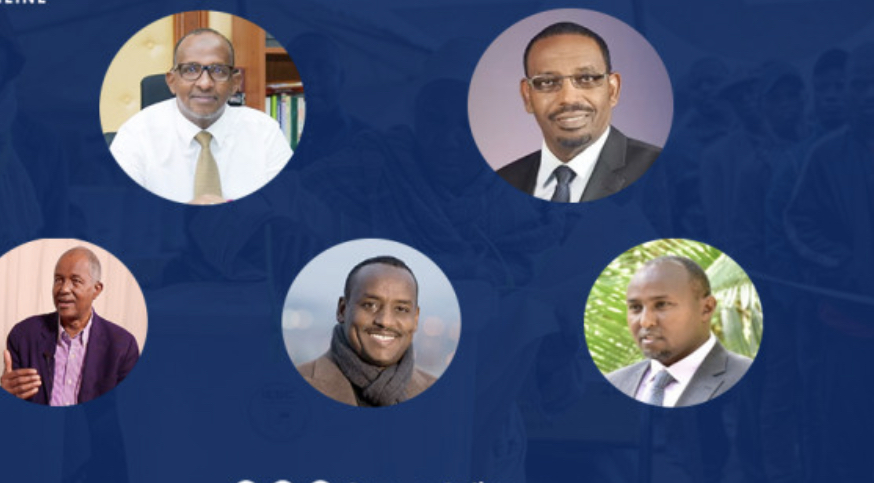Share the post "Somalia’s Thriving Telecom Sector Challenges Starlink’s Entry, Leaving Billionaire’s Dream Unwanted Locally.."
Elon Musk’s satellite internet venture, Starlink, has officially announced its entry into the Somali market, aiming to deliver high-speed, low-latency connectivity. Launched globally in late 2020, Starlink targets areas underserved by traditional internet providers, offering solutions where access is unavailable, unreliable, or prohibitively expensive…
While Starlink has expanded its presence to over 20 African nations, its arrival in Somalia places it in a uniquely competitive landscape, challenging established local providers who have made significant strides in connecting the country.
The approval process for Starlink’s entry into Somalia has come under fire for a severe lack of transparency and ethical oversight, reflecting significant governance failures. Critics argue that the licensing, seemingly rushed and controlled by a select few, bypassed essential due process, including meaningful public and stakeholder consultations, thus denying citizens and businesses a voice.
Awarded without necessary regulatory adjustments or clear terms and conditions, the opaque deal raises serious concerns about accountability and the protection of Somalia’s public interest. It serves as a stark warning against hasty, unchecked decisions in critical infrastructure sectors.
A Market Already Moving Fast
Unlike many markets Starlink targets, Somalia boasts a relatively developed and competitive internet sector. In early 2024, some of Somalia’s telecom companies unveiled their commercial 5G networks, instantly making next-generation technology available across extensive infrastructure.
Even before 5G, service providers estimated that roughly 50% of Somalia’s urban population had access to 4G, with over 60% using 3G—both considered broadband-level services in the region. This progress builds on historical advancements: Somalia launched fiber optic services in early 2014, significantly boosting access. This followed a crucial 2013 deal in which Liquid Telecom expanded its vast terrestrial fiber network, reducing reliance on expensive satellite links that had been necessary due to conflict.
Somalia’s internet infrastructure has proven resilient and progressive. The country launched 4G LTE services in 2017, ahead of its more stable neighbor, Djibouti. Furthermore, Somalia recently adopted its National IPv6 Strategy, becoming the first African nation with a dedicated national center for developing and implementing the next-generation internet protocol.
Current data underscores this progress:
- Internet Penetration: 55.2% (10.7 million users) at the start of 2025.
- Mobile Connections: 11.3 million active cellular connections (58.3% of the population), though not all necessarily include internet access.
- Download Speeds: Median fixed internet download speed is 18.76 Mbps (Ookla data), notably higher than the Sub-Saharan Africa average of 12.11 Mbps.
- Social Media: 3.05 million social media users (15.8% of the population) as of January 2025.




